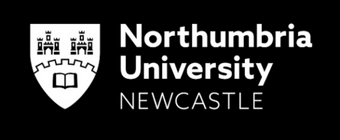On Northumbria University’s English language and literature course, you will study fantastically stimulating and distinctive modules that range from Shakespeare to contemporary fiction, and from the fundamentals of grammar and syntax to their definition of what the ‘English’ language is.
Northumbria University aspire to help you as you help yourself in becoming a ‘citizen scholar’ who is able to think independently and make your own contribution to the world. As part of this, we ensure that you engage with advanced linguistic concepts and literature from around the world. We also offer options to broaden your experience and cultural sensitivity by studying abroad for a semester in your second year, usually in North America or mainland Europe. This English degree is for you, if you are passionate about understanding language, literature, and how the two connect.














